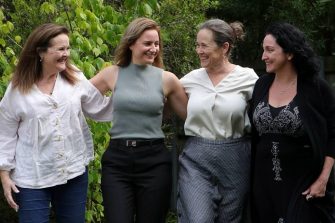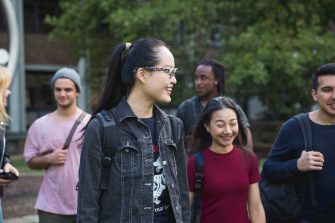Our impact

We’re focused on delivering real-world solutions that have lasting health, societal and economic impacts for generations to come. Our research is helping transform people’s health and health systems by addressing current and emerging population health challenges. We work with communities globally to tackle issues that matter to them with an emphasis on equity, diversity and social justice. Our global network of academics, governments, policymakers, industry, clinicians, communities and key stakeholders deliver life-changing research benefiting those who need it most.




.cropimg.width=335.crop=basic.jpg)




